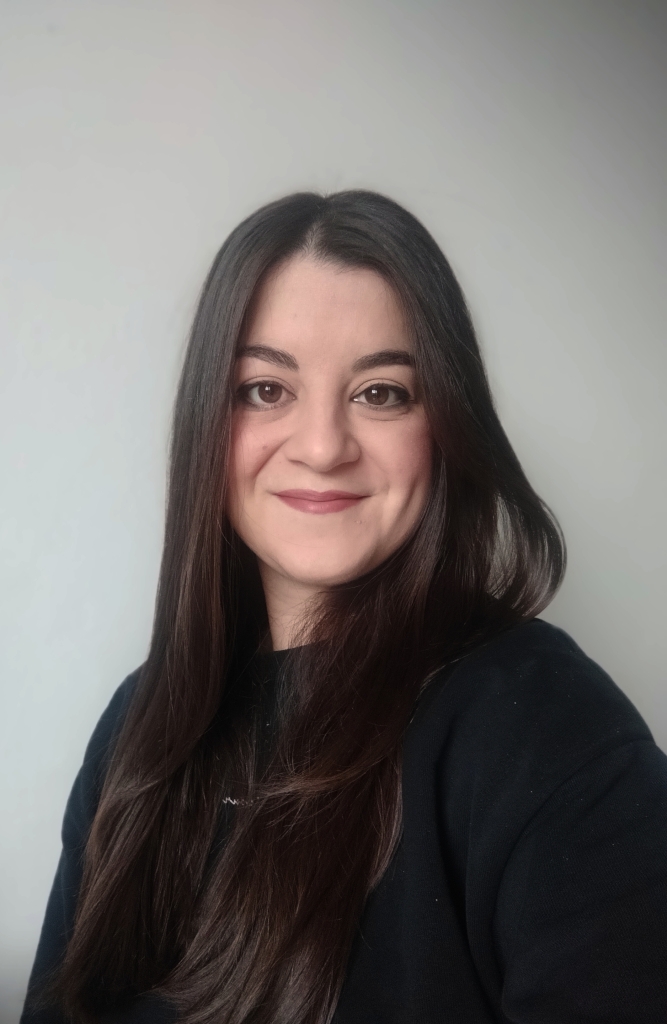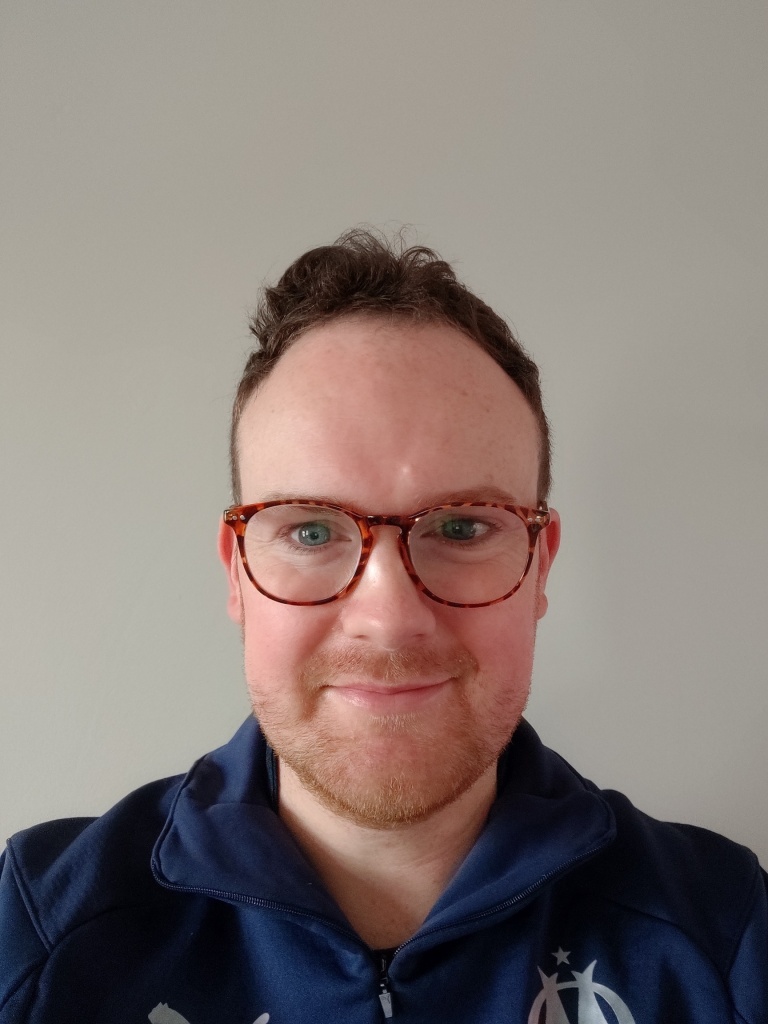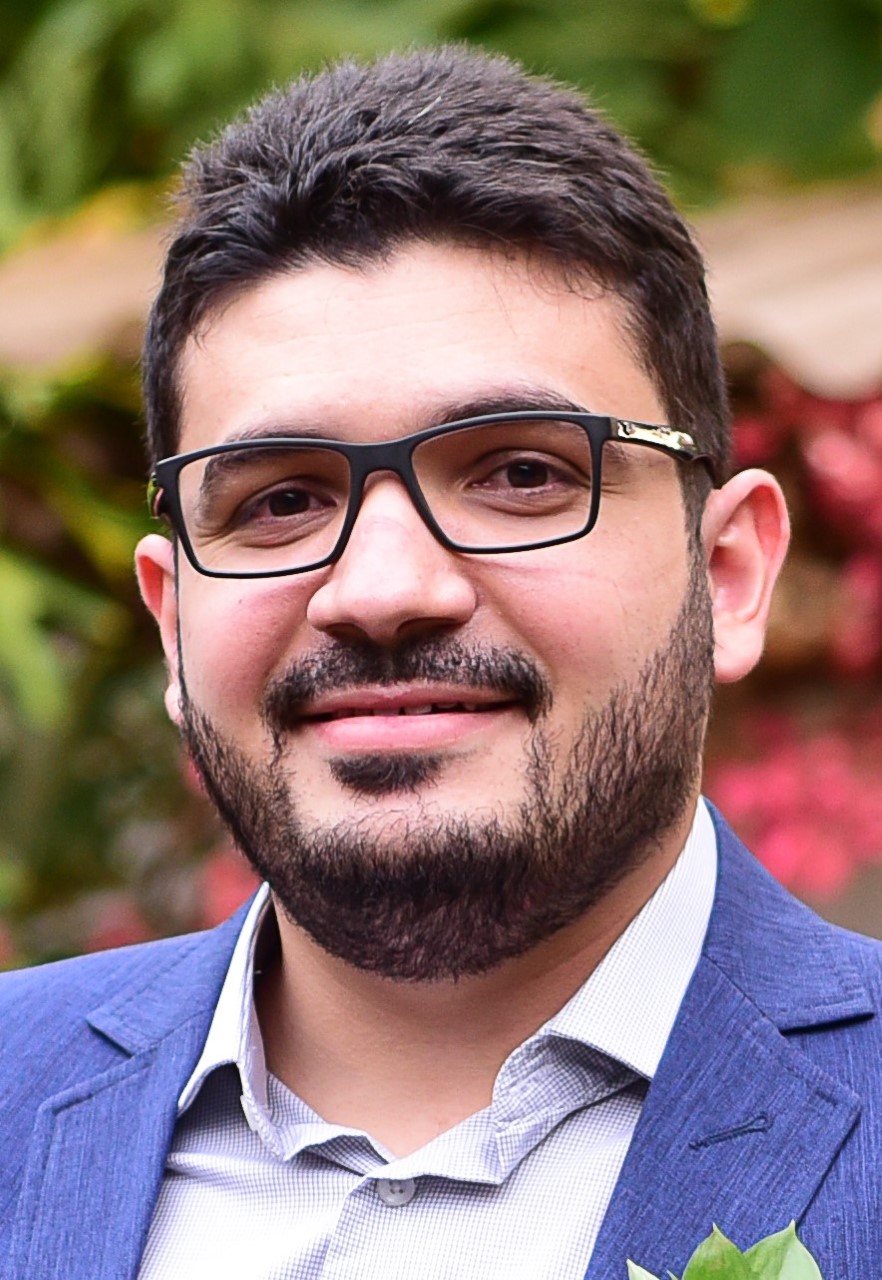
Dr. Tríona Ní Chonghaile is a Senior Lecturer in the Department of Physiology and Medical Physics at the Royal College of Surgeons in Ireland (Link to RCSI principal investigator page). She completed her PhD in Biochemistry (NUIG) in 2008, studying the role of BCL-2 family members in endoplasmic reticulum stress. Her interest in the BCL-2 family members led her to pursue a post-doctoral fellowship at the Dana-Farber Cancer Institute/Harvard Medical School with Prof. Anthony Letai. There she received a Multiple Myeloma Research Fellowship to develop novel tools for personalised medicine. During her postdoc she was involved in numerous collaborative multi-disciplinary projects and published first-author papers in high-impact journals, including Science and Cancer Discovery.
Dr. Ní Chonghaile joined RCSI as a StAR research lecturer in 2015. Dr. Ní Chonghaile’s main research interests are in targeting cell death in cancer through harnessing mitochondrial apoptosis and epigenetic regulation of apoptosis. Our lab discovered a novel Histone deacetylase 6 inhibitor Science advances . Our goal is to develop the small molecule HDAC6 inhibitor BAS-2 from a compound in the lab, to potentially a drug and to understand the mechanism of action in both tumour and normal cells.





